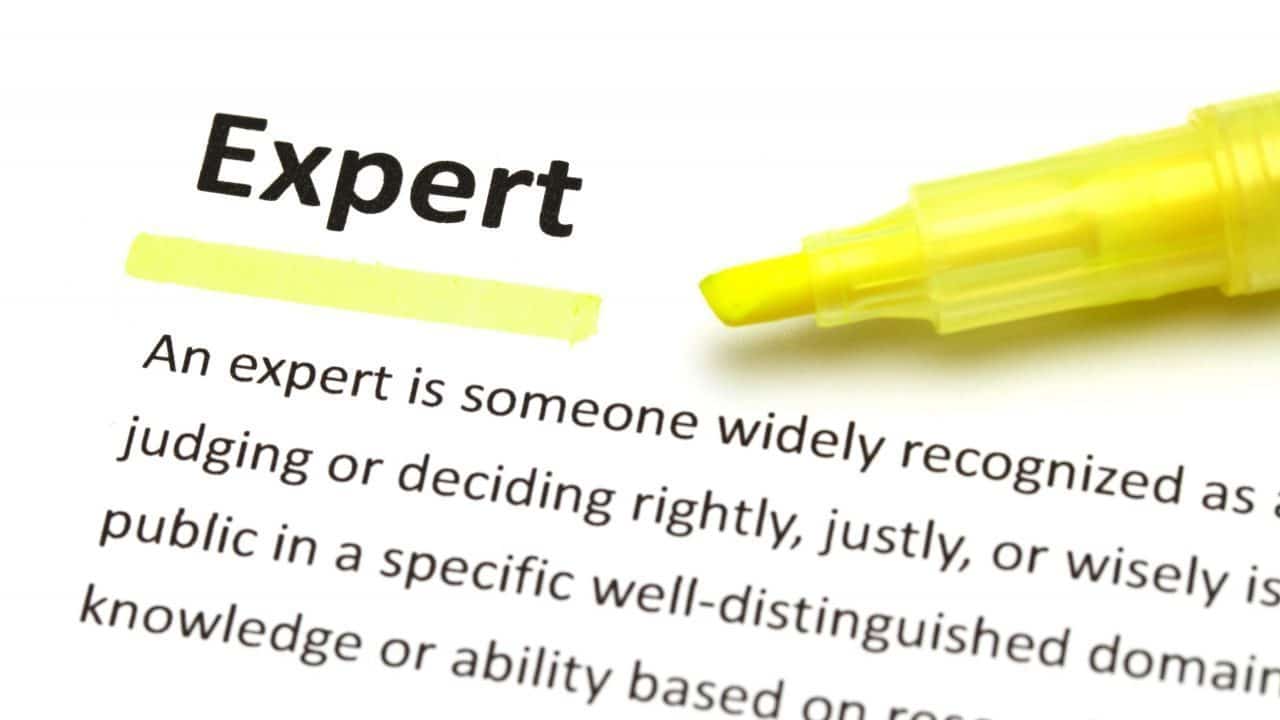Introduction
In a progressively interconnected world, the significance of academic credential examinations can not be overstated. As people look for opportunities beyond their home countries-- be it for education, work, or expert licensing-- the need for precise and reasonable assessments of their certifications becomes critical. The process of academic credential evaluation works as a bridge in between differing instructional systems, ensuring that qualifications are acknowledged and valued appropriately.
This comprehensive article will delve into the complexities of making sure fairness and accuracy in academic credential assessments globally, checking out various facets including methodologies, challenges, and finest practices. We will likewise examine the function of global credential assessment services, course-by-course examinations, work experience evaluations, professional viewpoint letters, and business strategy examinations in facilitating this important process.
Understanding Academic Credential Evaluation
What is Academic Credential Evaluation?
Academic credential evaluation is an organized procedure that assesses the equivalency of academic qualifications acquired in one nation compared to those in another. This evaluation can substantially affect a person's possibilities in higher education admissions, task positionings, or expert licensing.
Why is Academic Credential Examination Important?
The significance depends on its capability to provide clearness to companies, universities, and licensing bodies relating to a candidate's credentials. By standardizing evaluations throughout diverse instructional backgrounds, it reduces the risk of predispositions based on unknown instructional systems while promoting fairness.

The Function of International Credential Assessment Services
International credential evaluation services (ICES) play an essential role by serving as intermediaries who evaluate foreign educational credentials. These organizations utilize knowledgeable evaluators who are knowledgeable about various educational systems worldwide.
Benefits of Utilizing Global Credential Assessment Providers:
- Expertise: They possess specialized knowledge about various instructional systems. Credibility: Acknowledged assessments improve the legitimacy of candidates' credentials. Comprehensive Reports: They offer comprehensive reports that outline equivalencies and suggestions customized to specific needs.
Types of Academic Credential Evaluations
Course-by-Course Credential Evaluation
A course-by-course credential assessment provides in-depth analysis at the course level instead of just summing up degrees or diplomas. This type is particularly helpful for individuals seeking admission to higher education organizations or those requiring exact details for licensing purposes.
Key Functions:
- Detailed breakdown obviously taken Grades received Credit hours converted to comparable systems
Work Experience Evaluation
While formal education is necessary, lots of specialists possess significant work experience that contributes to their certifications. A work experience evaluation assesses this useful experience against developed standards.
Importance:
- Validates abilities gotten through employment Offers insights into professional readiness Can boost a person's standing when getting tasks or further education
Expert Viewpoint Letter
A professional viewpoint letter is typically utilized when standard documentation https://messiahkxqe766.theglensecret.com/unlocking-opportunities-with-academic-credential-evaluations can not be supplied. It offers insights from a qualified evaluator regarding the validity and relevance of an applicant's qualifications or experience.

Usage Scenarios:
- Unusual instructional paths Non-traditional qualifications Gaps in formal education documentation
Business Plan Evaluation
For entrepreneurs aiming to expand worldwide or seeking funding based upon their academic credentials and experiences, a business strategy assessment assesses not just the business's viability however likewise how academic accomplishments support entrepreneurial endeavors.
Challenges in Academic Credential Evaluations
Variability Throughout Educational Systems
One significant challenge depends on the fundamental distinctions in between worldwide educational systems-- what makes up a bachelor's degree in one country might not line up with another's standards. This can result in disparities in assessments if not carefully managed.
Fraudulent Credentials
With the rise in need for quick evaluations comes an increase in deceptive documents. Critics need to be vigilant against counterfeit diplomas and transcripts while adhering to ethical standards.
Cultural Biases
Cultural biases can accidentally influence evaluators' perceptions of foreign certifications. It is essential for evaluators to go through training that cultivates cultural competence and awareness.
Best Practices for Making sure Fairness
Establishing Clear Guidelines
Establishing clear guidelines and standardized treatments can reduce inconsistencies. Regulative bodies need to provide frameworks that global credential assessment services must follow.
Continuous Training for Evaluators
Regular training sessions concentrating on updates in international education systems guarantee evaluators remain existing with patterns and changes affecting scholastic credentials worldwide.
Utilizing Technology
Leveraging innovation such as AI-driven algorithms can improve performance while likewise flagging prospective discrepancies during evaluations-- a vital step towards keeping accuracy.
Ensuring Fairness and Precision in Academic Credential Evaluations Globally
To effectively ensure fairness and accuracy internationally within academic credential assessments requires collaboration among countries, regulatory bodies, and assessing organizations. Each stakeholder plays an essential role:
Governments: Develop policies that acknowledge foreign credentials. Educational Institutions: Deal with critics to understand foreign degrees better. Evaluators: Preserve transparency throughout their processes. Candidates: Guarantee they present authentic documentation accurately reflecting their experiences.By promoting open communication channels among these groups, we can create a more equitable landscape for all parties involved in scholastic credential evaluations globally.
Emerging Trends in Academic Credential Evaluations
Online Learning Credentials
As online learning gains popularity, there's a growing need for assessing non-traditional knowing environments such as MOOCs (Enormous Open Online Courses). Understanding how these fit into traditional structures presents brand-new opportunities-- and obstacles-- for evaluators.
Micro-Credentials
Micro-credentials signify particular abilities rather than entire degrees. As industries progress rapidly due to technological advancements like automation or AI integration into various sectors; understanding how micro-credentials equate into conventional credentials frameworks ends up being pivotal.
Frequently Asked Questions (Frequently asked questions)
What is a scholastic credential evaluation?- A scholastic credential evaluation methodically compares foreign academic credentials with those acknowledged domestically to guarantee proper recognition across varying systems.
- Credentials are frequently required by companies or universities to confirm credentials before working with or confessing candidates from other countries.
- The timeline differs depending upon the company but usually varies from a few days approximately a number of weeks based on complexity.
- Common types include course-by-course assessments, work experience evaluations, expert opinion letters, and company plan evaluations.
- Most trustworthy assessing firms have processes for appeals if you think your evaluation was incorrect; it's necessary first to examine their specific guidelines.
- Yes! Lots of reliable organizations examine online courses; however; it depends on each organization's policies relating to acceptance criteria for online learning experiences.
Conclusion
In conclusion, guaranteeing fairness and accuracy in scholastic credential examinations globally is not merely a bureaucratic requirement; it's essential for developing trust throughout borders while empowering individuals pursuing chances worldwide through confirmed accomplishments. By addressing difficulties head-on with robust practices customized towards evolving landscapes-- like technological shifts-- we stand poised not just to acknowledge benefit however champion equality among diverse populations striving towards shared goals across our worldwide society!